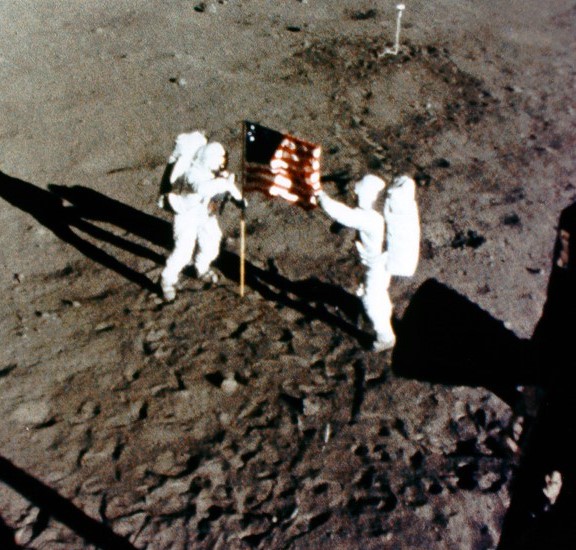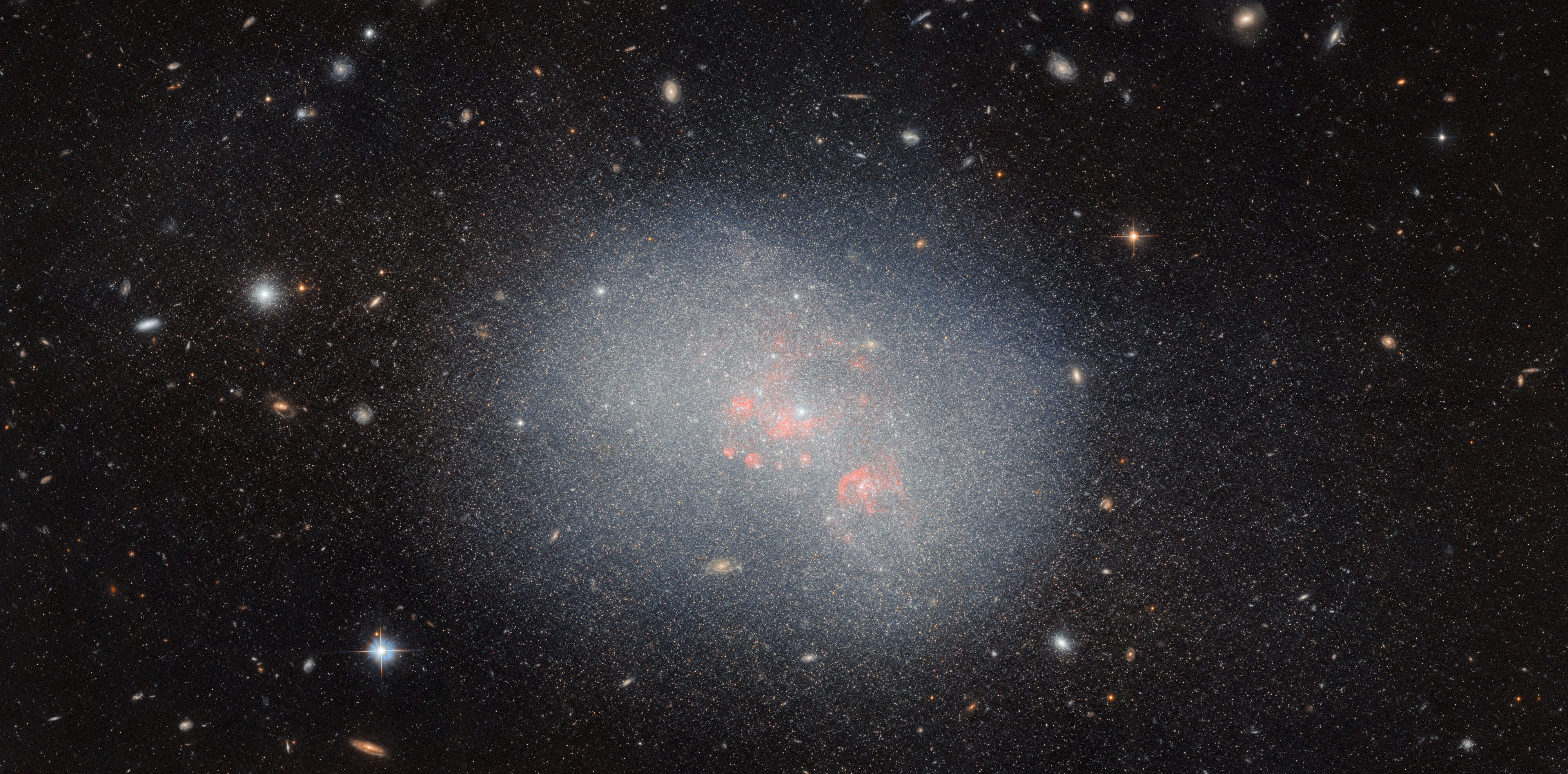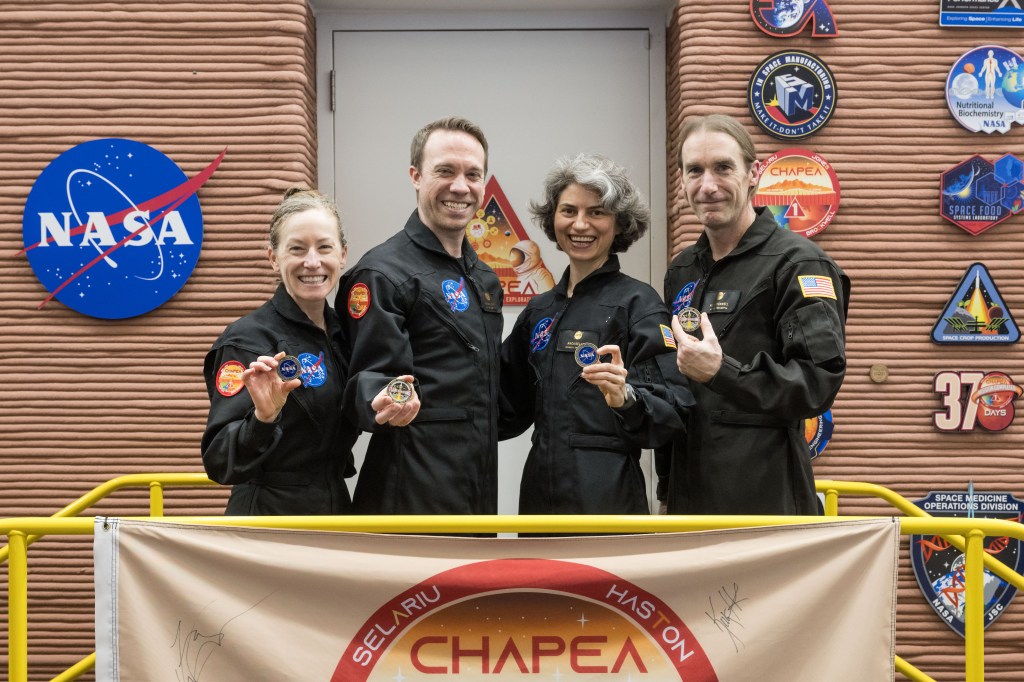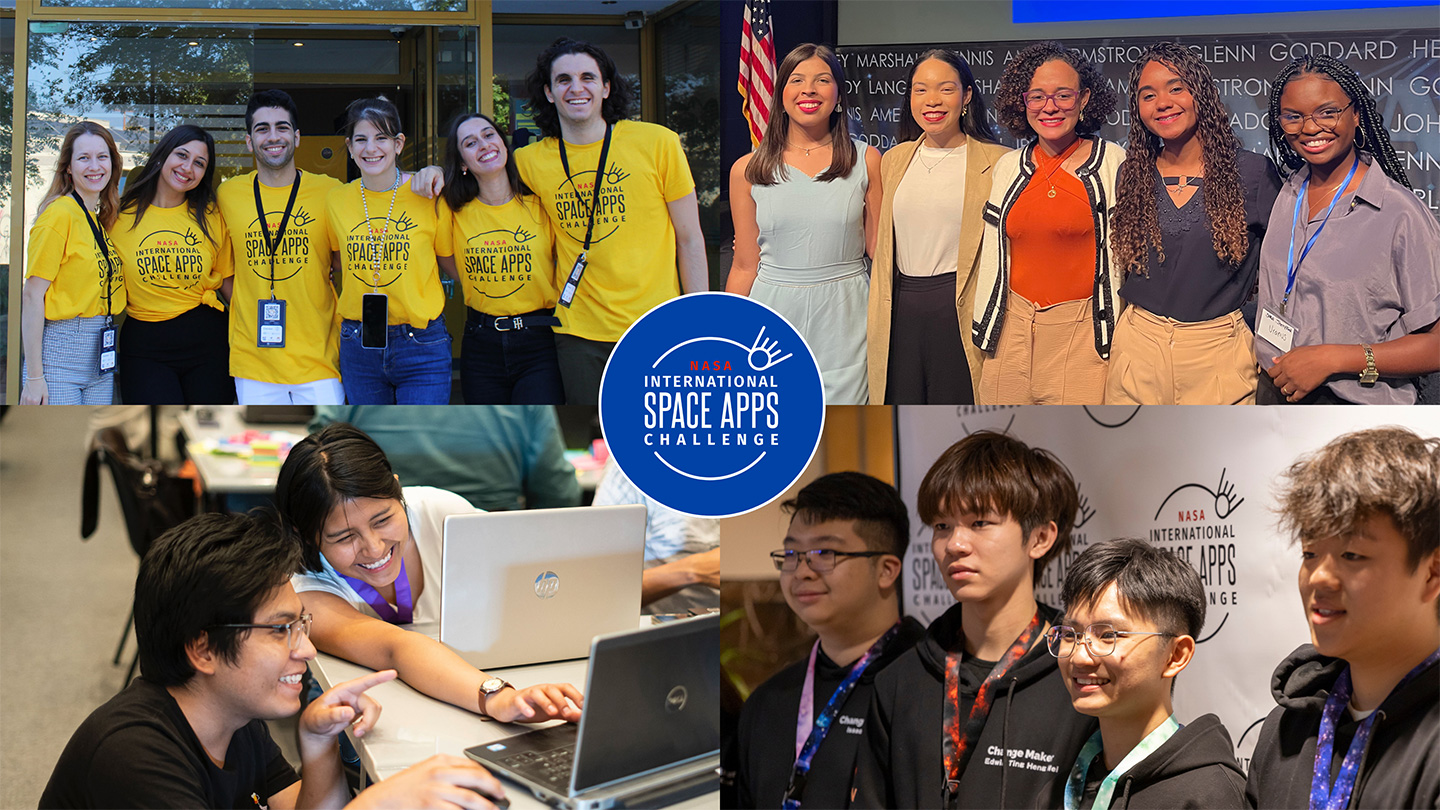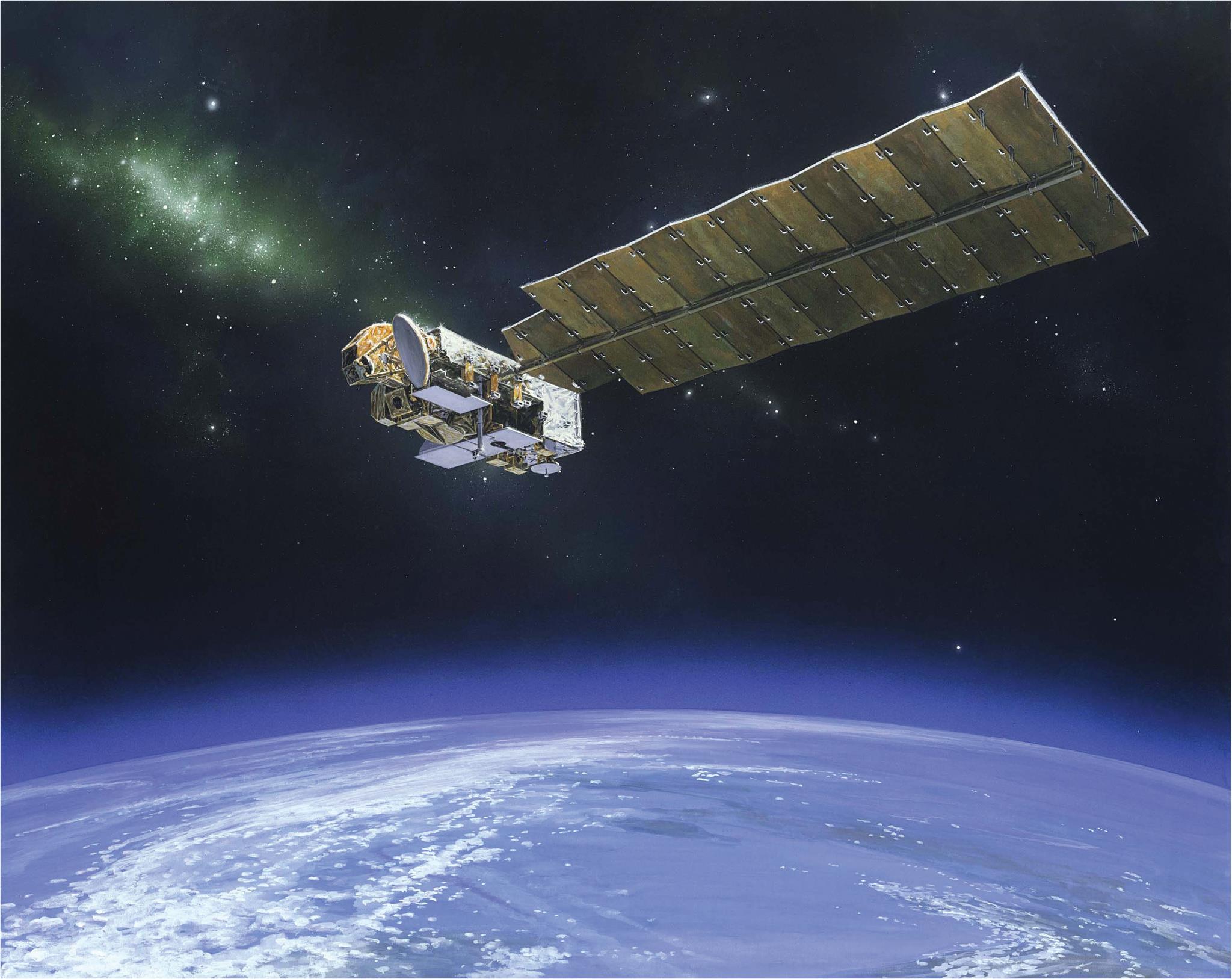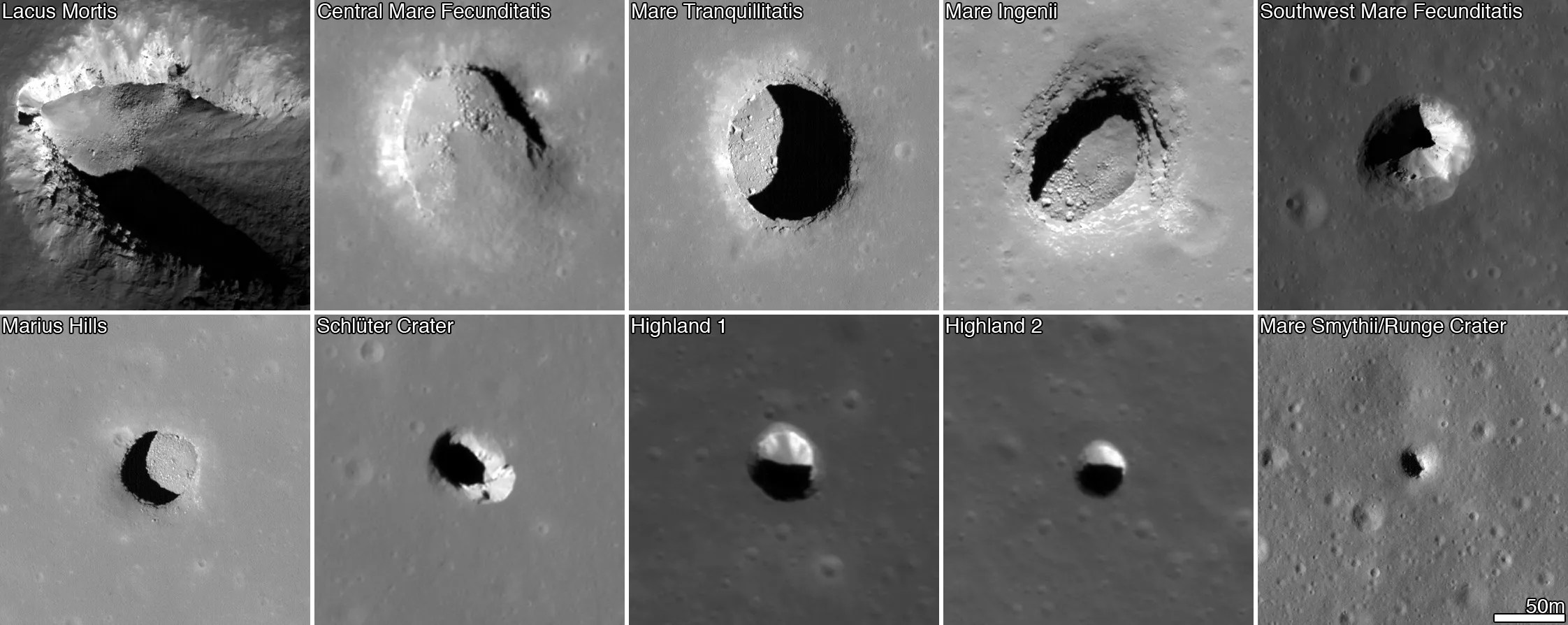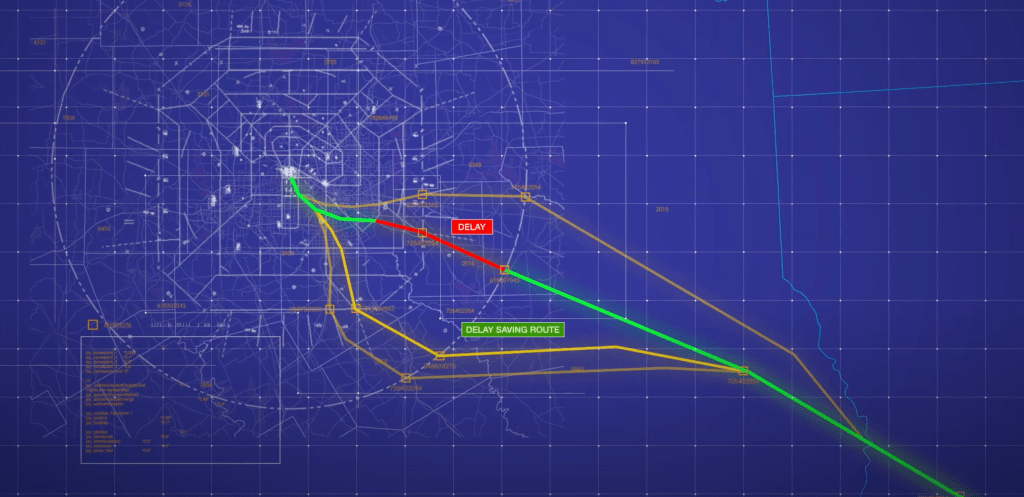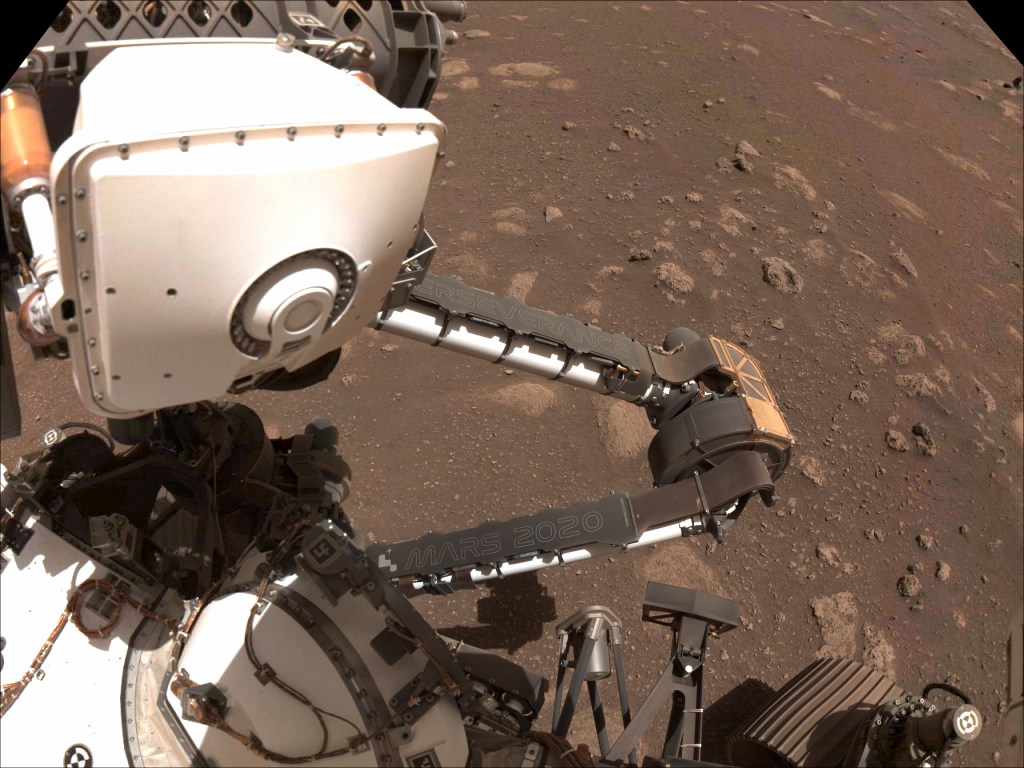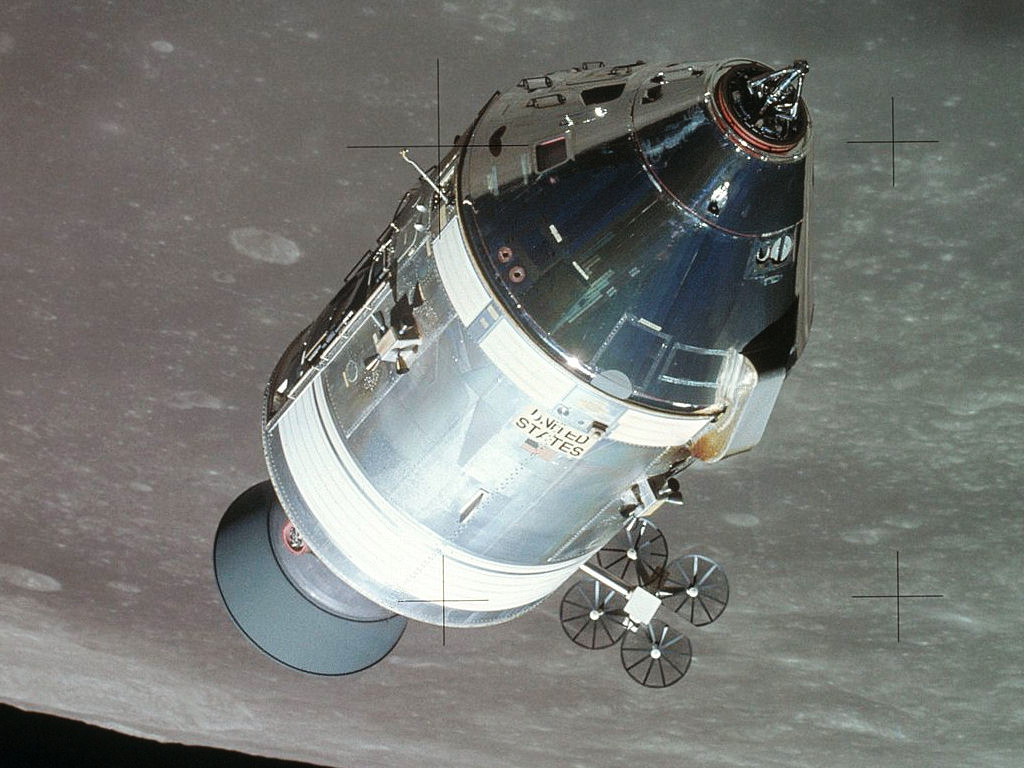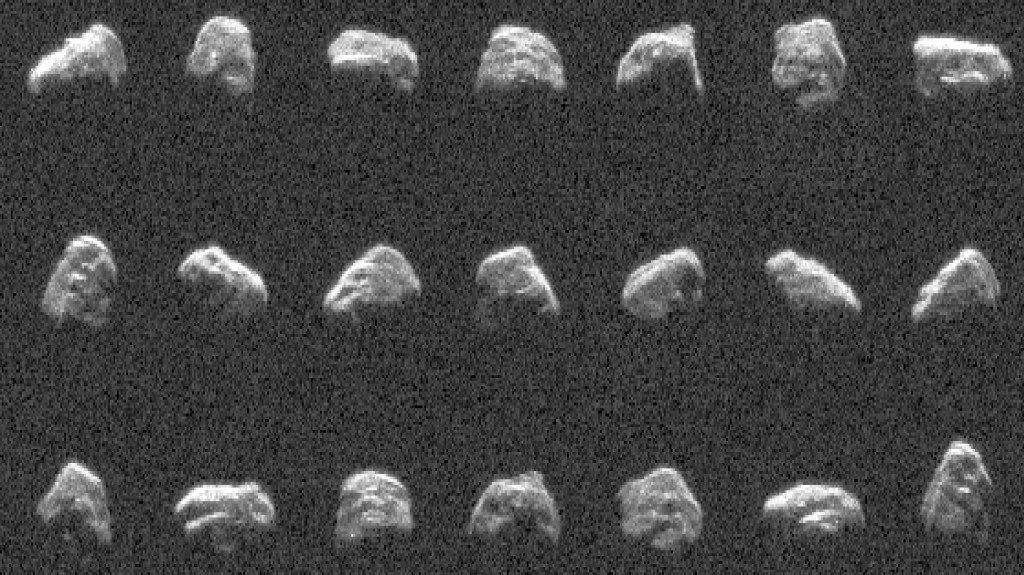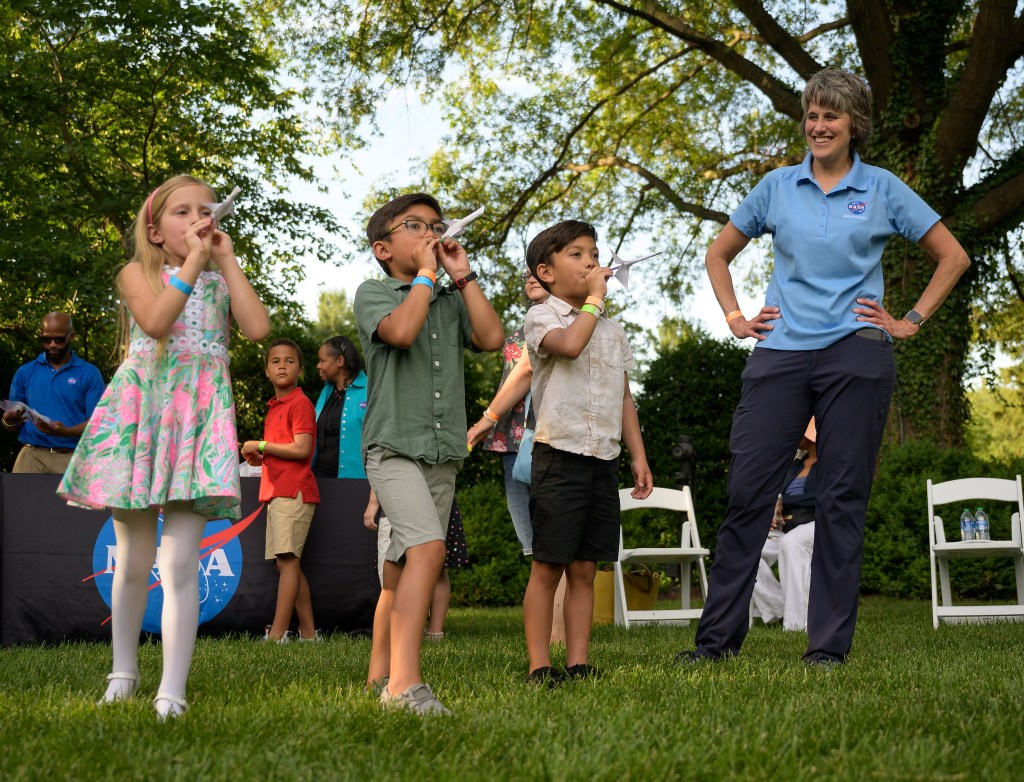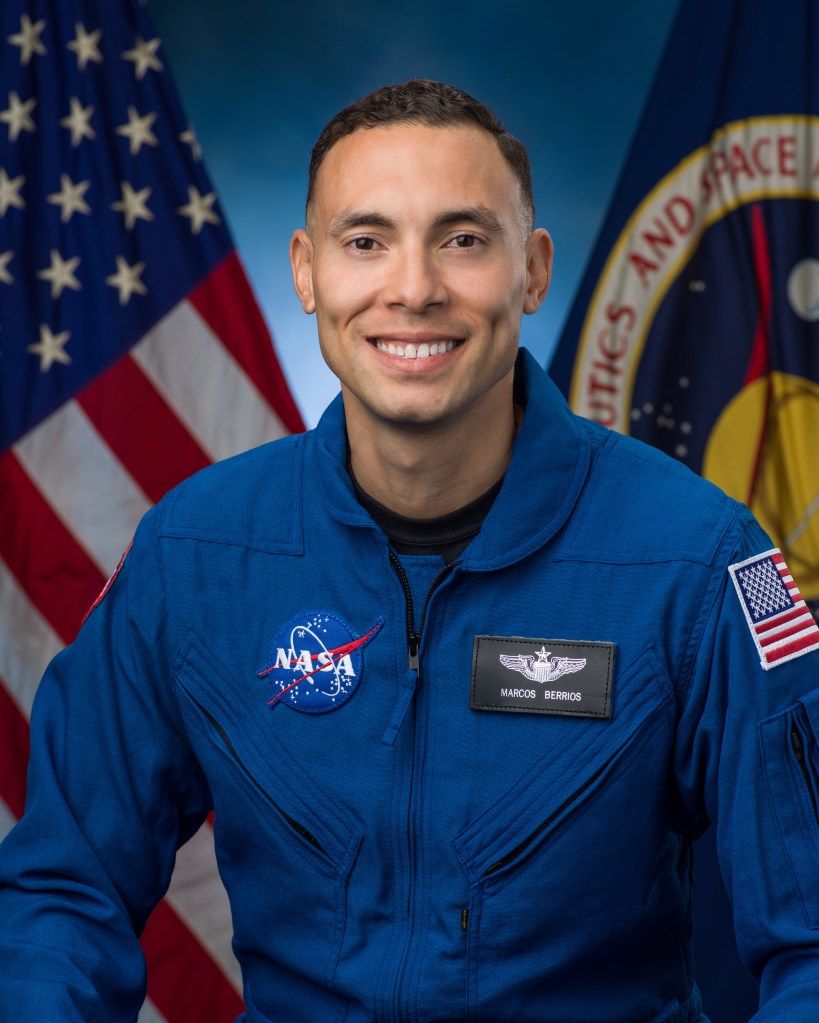Under temporary moratorium as of 2/21/2024.
The NASA Mentor-Protege Program (MPP) is undergoing a temporary moratorium effective immediately. This decision has been implemented to thoroughly assess our MPP processes and policies and ensure its functioning as an optimal program. While the program is currently on hold, please rest assured that this decision is temporary. We will keep you updated on any developments regarding the program’s status and when it is expected to resume.
In the meantime, please feel free to reach out to Mr. David E. Brock, Mentor Protégé Program Manager via email at [email protected] if you have any questions or concerns.
Thank you for your continued support for the NASA Mentor-Protege Program and dedication to advancing our small business enterprise’s goals. We look forward to working together to achieve our shared vision of excellence.

Purpose of the NASA Mentor-Protege Program:
The NASA MPP encourages NASA prime contractors to assist eligible Protégés, thereby enhancing the Protégés’ capabilities to perform on NASA contracts and subcontracts, fostering the establishment of long-term business relationships between these entities and NASA prime contractors, and increasing the overall number of these entities that receive NASA contract and subcontract award
OSBP Mission and Overview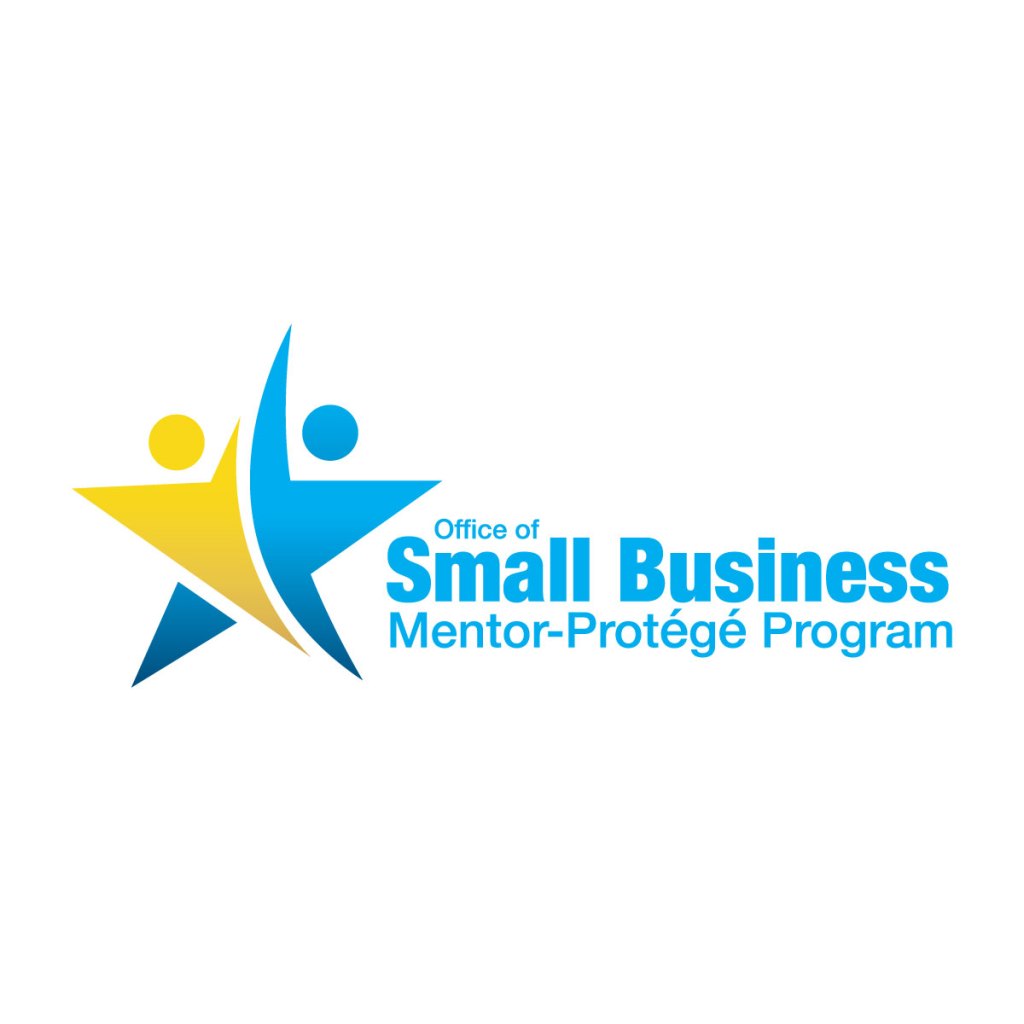
Eligibility Requirements
The Mentor and Protégé must both meet the established eligibility requirements in order to participate in the MPP, as defined in NFS 1819.72 and summarized below. A list of approved mentors is available for review below.
Mentors
All approved Mentors are eligible to participate in the program and must resubmit a renewal application every 6 years to verify their continued eligibility. Mentor applications can be submitted at any time during the year with or without a Mentor-Protégé Agreement (MPA). In accordance with NFS 1819.72, a Mentor must be:
- A large prime contractor performing under a NASA contract with at least one approved Federal subcontracting plan, as required by FAR 19.7 (the Small Business Subcontracting Program), and
- Eligible for the receipt of Government contracts.
Protégés
To participate as a Protégé, an entity must meet one of the eligibility requirements as defined in NFS 1819.72 and must maintain that status for the life of the agreement. If the Protégé self-certifies that it meets the eligibility requirements, a separate written self-certification of its small business status must be provided with the MPA. (Note: If Protégé eligibility expires prior to the end of the agreement period, the agreement may still be approved for the remaining duration of the POP but must include the condition that any credit received is subject to the Protégé’s recertification.)
A Protégé may participate in the NASA MPP as many times as they would like. However, a Protégé may engage in only one NASA MPA at any given time. In accordance with NFS 1819.72, the following entities are eligible to be chosen as Protégés:
- Small Disadvantaged Businesses (SDBs)
- Women-Owned Small Businesses (WOSBs)
- Historically Underutilized Business Zone (HUBZone) concerns
- Veteran-Owned Small Businesses (VOSBs)
- Service-Disabled Veteran–Owned Small Businesses (SDVOSBs)
- Historically Black College or University (HBCUs)
- Minority Serving Institutions (MSI)
- Small businesses with an active NASA Small Business Innovation Research (SBIR) or Small Business Technology Transfer (STTR) Phase II contract
- Companies participating in the AbilityOne program
Benefits of Participation
The MPP has the ability to uniquely transform a small business or minority-serving institution and enhance its capabilities to win contracts and subcontracts as a direct result of its participation. Some of the potential benefits of the program include the following:
For Mentors:
- Develop long-term business relationships with small business concerns.
- Develop a qualified small business subcontracting base.
- Accrue credit toward small business subcontracting goals.
For Protégés:
- Receive relevant technical and developmental assistance.
- Qualify for sole-source contracts from Mentors.
For All Participants:
- Cultivate teaming opportunities with their partners to win new contracts and/or subcontracts.
- Engage the MPP as a marketing tool.
- Foster networking opportunities.
Types of Agreements
Credit Agreements
- In a credit-based MPA, a Mentor receives credit on a one-to-one basis toward its subcontracting goals. The credit is reported on the Individual Subcontract Report for the specific contract, as identified prior to the approval of the agreement.
Award Fee Program
- In the Award Fee Program, a Mentor is eligible to receive an award fee at the end of the agreement period based upon the Mentor’s performance in providing developmental assistance to its Protégé. Only NASA Small Business Innovation Research (SBIR) or Small Business Technology Transfer (STTR) Phase II Protégés are eligible to participate with Mentors in the Award Fee Program.
NASA Responsibilities
- NASA Contracting Officer’s Representatives (CORs) act as liaisons between the Mentor and the Contracting Officer (CO). A signed endorsement letter from the COR must be added to the agreement package before submission to the CO.
- NASA COs are responsible for adding approved MPAs to existing contracts through a contract modification. A signed letter endorsing the MPA must be added to the complete package before submission to the relevant Center’s SBS.
- NASA Small Business Specialist (SBSs) are responsible for the overall administration and management of their respective Centers’ MPAs. As the Center’s MPP point of contact, the SBS is responsible for reviewing and endorsing all agreements received at the Center before forwarding the complete applications for final approval to the NASA MPP Program Manager (PM) at Marshall Space Flight Center (MSFC) in Huntsville, AL. Additionally, the SBS ensures that all agreements endorsed by the Center fulfill the requirements of NFS 1819.72.
- NASA’s MPP Program Manager (PM) at MSFC coordinates and manages the program from a Headquarters perspective with participating Centers to ensure successful program execution.
- The MPP PM is responsible for overall NASA MPP administration, policy, and oversight. The MPP PM will review all Mentor applications and conduct a semi-annual MPA performance review that highlights the progress and accomplishments gained under the approved MPA.
More information on MPP small businesses can be found at https://www.sba.gov/federal-contracting/contracting-assistance-programs/sba-mentor-protege-program
Agreement Evaluation
The evaluation of all proposed agreements will be based on the following criteria:
- Perceived benefit and/or value of the agreement to NASA
- Merit of the developmental assistance to the Protégé
- Developmental assistance cost ratio
- Potential subcontracting opportunities available to the Protégé
- Utilization of HBCU/MSI, Procurement Technical Assistance Centers (PTACs), and SBA Business Development Centers (SBDCs)
- Proposed cost
How to Participate
Below, you will find the basic steps necessary to establish a NASA MPA.
- Locate a partner—Mentors and Protégés are required to establish their own counterparts. Each company has its own internal processes and procedures for locating partners. These processes are not mandated by NASA.
- Determine developmental assistance to be provided—Prior to filling out the agreement template, the Mentor must perform a needs assessment of the Protégé to determine what type of developmental assistance is required. Typical examples of developmental assistance may be related to technical transfer or business infrastructure. The dollar value associated with the technical transfer tasks should be approximately 70 percent of the proposed hours and cost. The remaining 30 percent may be related to business development tasks.
- Submit agreement for approval—The agreements are submitted to one of the NASA Centers for review and endorsement. If the agreement is endorsed at the Center level, it will be forwarded to the MPP PM at MSFC in Huntsville, AL, for final review and approval within 30 business days of receipt. The agreement officially begins on the date of the incorporation of the agreement into a contractual vehicle via a contract modification signed by the CO. Once the agreement begins, the mentor may start providing the developmental assistance outlined and reporting credit is received.
- Fulfill all reporting requirements—The reporting requirements for the NASA MPP include the following:
- Annual reports
- Semi-annual reviews
- Protégé post-agreement reports
Approved Mentors
(As of January 19, 2024)
|
a.i. Solutions, Inc. |
|
AECOM |
| Amentum Services, Inc. |
| Bastion Technologies, Inc. |
| Bechtel National, Inc. |
| Blue Origin |
Booz Allen Hamilton |
| CACI, Inc. – Federal |
| CH2M Hill, Inc. |
| COLSA Corporation (New Mentor) |
|
Deloitte & Touche, LLP (New Mentor) |
| General Dynamics Information Technology, Inc. [GDIT] |
| Jacobs Technology, Inc |
|
Jones Edmunds & Associates, Inc. (New Mentor) |
| Leidos, Inc. |
| L3Harris Technologies, Inc (New Mentor) |
| Lockheed Martin |
Maxar Space LLC |
| Northrop Grumman |
| Peraton, Inc. (New Mentor) 540-200-1043 [email protected] |
|
Raytheon Company |
|
REI Systems (New Mentor) |
| Science Applications International Corporation (SAIC) |
| Southwest Research Institute Leo Cardenas |
|
Teledyne Brown Engineering, Inc. |
| The Boeing Company |
|
Wyle Laboratories, Inc. d/b/a KBRWyle Jaime Downs Applebe |
SBIR and STTR Phase II Companies
NASA SBIR Program
Phase Two Selections
NASA STTR
Phase Two Selections
FAQs
How many agreements may a Mentor and a Protégé have?
A Mentor is not limited in the amount of NASA MPAs they may have at the same time. A Protégé may participate in the NASA MPP as many times as they would like. However, the Protégé may only be in one active NASA MPA at a time.
If I currently participate in another Federal agency’s MPP, may I participate in the NASA MPP at the same time?
The NASA MPP is completely separate from any other Federal agency’s MPP, and thus Mentors and Protégés may participate in one or both of them at the same time, as long as the Protégé has the resources to be mentored under two different Programs.
How long is a Mentor approval valid for?
A Mentor approval letter is good for six years from the date of the letter. Six years after the date of approval the Mentor must resubmit their Mentor application with the updated information and go through the approval process again.
If a Mentor is disbarred or suspended from Government contracts for any reason, their Mentor approval is automatically withdrawn and they may no longer participate in the NASA MPP.
Does a potential Mentor need to apply by division, or is there a corporate-wide approval?
Mentor approval may be corporate-wide, provided that Mentor applications are filled out with information at the corporate level. Once the application is submitted with corporate information and approved, all divisions of the company are eligible to participate as a Mentor.
What should a Mentor consider when selecting a Protégé?
The Mentor is solely responsible for selecting a Protégé with whom they believe they can develop a successful relationship. Mentors should consider the following when selecting a Protégé:
- A previous, established association is highly recommended between the Mentor and Protégé;
- Protégé’s geographic proximity to the Mentor;
- How the assistance aligns with the Protégé’s strategic vision;
- Protégé’s attitude regarding being mentored;
- Commitment to the relationship by both parties;
- Capabilities of the Protégé and how they interface with the Mentor;
- Stability of the Protégé’s management and financial status;
- Protégé’s past performance;
- Results of any contract/subcontract work between the Mentor and Protégé;
- Subcontracting expectations, and;
- Ensure that if the potential Protégés have previously participated in the NASA MPP, they will not receive duplicate developmental and technical assistance on the next NASA MPA.
Where is a listing available of all NASA SBIR Phase II awardees?
The link to NASA SBIR Phase II companies may be found here.
What is the Protégé application?
The Protégé application is a separate application for potential Protégé companies that details information about the company, including employee base and contracts received. However, it differs from the Mentor application in that it is NOT submitted in advance of an agreement, but is submitted concurrently with the agreement package. Any Protégé applications that are submitted without a complete agreement package will not be kept on file and will have to be resubmitted with the agreement.
What are the required documents that must be submitted with the agreement?
Before submitting an MPA, please insure that it contains all of the following:
- Cover Letter
- Protégé Application
- Completed Agreement Template
- Technical Proposal
- Cost Proposal
What is the agreement approval checklist?
The agreement approval checklist is an internal form that is utilized by NASA to determine that all required elements were included in the agreement package. The checklist does not need to be submitted with the agreement.
What are the selection criteria for MPA approval?
All proposed agreements will be evaluated by the NASA Centers and MPP PM based on the following criteria:
- Merit of the developmental assistance to the Protégé firm;
- Perceived benefit/value of the agreement to NASA;
- Percentage of hours associated with technology transfer;
- Subcontracting opportunities available to the Protégé;
- Utilization of HBCUs/MIs, PTACs, SBDCs; and,
- Proposed cost.
What is the limit on the period of performance for a MPA?
An agreement may not be longer than 36 months, or 3 years from the date the agreement begins.
If I previously participated in the NASA MPP prior to the update, will that affect my future participation?
No, being a prior participant from the MPP before it was updated does not affect any future participation. Previous mentors are required to submit a mentor application before submitting any new agreements. Protégés are allowed to participate in the new NASA MPP as many times a they would like. Therefore, any participation prior to the update does not affect future participation.
What are examples of technical transfer?
The developmental assistance provided under a MPA is expected to be about 70% technical transfer. Though this is by no means an exhaustive list, examples of technical transfer tasks may include:
- Tooling design and fabrication
- Quality management programs: ISO 9000, SEI/CMMI, AS9100 Rev. D
- Sensing and imagery
- Environmental remediation system design
- Metal machining
- Product assembly techniques
- Hazardous material control
- Lean Six Sigma
What do the following acronyms mean?
COTR: Contracting Officer Technical Representative
HBCU: Historically Black College or University
HUBZone: Historically Underutilized Business Zone
ISR: Individual Subcontracting Report
MI: Minority Institution
MPP: Mentor-Protégé Program
MSI: Minority Serving Institutions
NASA: National Aeronautics and Space Administration
PM: Program Manager
PTAC: Procurement Technical Assistance Center
SBDC: Small Business Development Center
SBIR: Small Business Innovation Research
SDB: Small Disadvantaged Business
SDVOSB: Service-Disabled Veteran-Owned Small Business
SSR: Summary Subcontracting Report
WOSB: Women-Owned Small Business
If you have any further questions regarding the MPP please call 256-544-7768.
Templates and Forms
- NASA Mentor Application Template
- NASA Mentor-Protégé Agreement Template
- NASA Protégé Application Template
- 2020 Agreement Checklist
- 2020 MPP Guidebook
Reporting Forms (Excel)
NASA Mentor-Protégé Contacts
NASA MPP Manager:
David E. Brock
MPP Office: 256-544-7768
MPP Office: [email protected]
Ames Research Center (ARC)/Armstrong Flight Research Center (AFRC)
Christine L. Munroe
Phone: 650-604-4695
Fax: 650-604-0912
[email protected]
Glenn Research Center (GRC)
Eunice J. Adams-Sipp
Phone: 216-433-6644
Fax: 216-433-2480
[email protected]
Goddard Space Flight Center (GSFC) and Headquarters Acquisition Branch
Jennifer Perez
Phone: 301-286-3443
Fax: 301-286-9319
[email protected]
Johnson Space Center (JSC)
Robert Watts
Phone: 281-244-5811
Fax: 281-483-4326
[email protected]
Kennedy Space Center (KSC)
Joyce McDowell
Phone: 321-867-3437
Fax: 321-867-7999
[email protected]
Langley Research Center (LaRC)
Robert O. Betts
Phone: 757-864-5717
Fax: 757-864-8541
[email protected]
Marshall Space Flight Center (MSFC)
David Brock
Phone: 256-544-0267
Fax: 256-544-2772
[email protected]
NASA Management Office at Jet Propulsion Laboratory (JPL)
Charles E. Bray, Jr.
Phone: 818-354-5620
Fax: 818-354-6051
[email protected]
NASA Shared Services Center (NSSC)
Troy E. Miller
Phone: 228-813-6558
Fax: 228-813-6434
[email protected]
Stennis Space Center (SSC)
Kay S. Doane
Phone: 228-688-1720
Fax: 228-688-6024
[email protected]
Back to top
mentor_application_template_fill_8-11-20.pdf
Purpose | Eligibility Requirements | Benefits of Participation | Types of Agreements | NASA Responsibilities | Agreement Evaluation | How To Participate | Approved NASA Mentors | SBIR and STTR Phase II Companies | FAQs | Templates and Forms | NASA Mentor-Protégé Contacts


